The sporting rivalry between India and Pakistan took another contentious turn after the Indian team withdrew from the World Championship of Legends (WCL) match against Pakistan on Sunday. While the tournament featured former cricketers, the decision not to play has ignited a heated debate about the broader implications for current and future sporting events between the two nations.
The Indian side, led by Yuvraj Singh, chose to forgo the much-anticipated encounter, a move that many see as a political or symbolic gesture. Although India and Pakistan only met in multi-nation tournaments like the ICC World Cup or Asia Cup in recent years, this withdrawal has renewed calls for a complete boycott—even at global stages like the Olympics.
Salman Butt's Response
Former Pakistan opener Salman Butt publicly questioned the Indian team’s motives behind the decision and went further to demand consistency in their stance. In a pointed criticism aired on his YouTube channel, Butt challenged India to extend this approach to all levels of international sport.
“Now don't play in the World Cup...don't play against us in any ICC tournament. Make this a promise,” Butt said. “Not even the Olympics. Please do that. I would love to see. The stakes would be high, and I'd see how much nationalism they can show at that level.”
Butt criticized what he called “selective boycotting”, suggesting that India’s actions in the WCL should set a precedent for other international fixtures if the rationale was indeed grounded in principle.
Underlying Tensions and Fan Fallout
India and Pakistan have long had strained political relations that often spill into the sporting arena. While bilateral cricket series between the two countries have been suspended for over a decade, matches in ICC events consistently attract massive global viewership and commercial interest.
The Legends match, though unofficial, was symbolic of a broader desire among fans to see former stars relive the intense rivalry. The decision to opt out was seen by some as disrespectful to the spirit of the game, while others supported it as a matter of national policy or principle.
The absence of any official statement from the Indian WCL management has only fueled speculation. Some reports suggest the decision was taken internally by a few senior players, with others possibly following under pressure.
“What is this mindset? Who is making this decision? Those 4-5 people who decided not to play, because of them, others who probably had the mindset to play, felt pressured,” Butt added.
Will India Play against Pakistan in Future ICC Matches?
While there is currently no indication that India plans to boycott Pakistan in the upcoming ICC Champions Trophy or World Cup, Butt’s remarks highlight growing concerns in Pakistan’s cricketing circles. Calls for India to formalize a consistent policy toward playing Pakistan—be it in cricket or other sports—are likely to grow louder.
The situation also raises questions for international governing bodies such as the ICC and the International Olympic Committee (IOC), especially if political boycotts begin to disrupt marquee events.
The decision to withdraw from a Legends match might have been minor in format, but its symbolic weight has triggered a major debate. If India stands by its move, pressure will likely mount on sporting bodies to define clearer protocols for such situations. For now, the cricketing world watches closely as national interests and sporting rivalries continue to collide.
Also Read: WCL Shocker: India-Pakistan Clash Canceled Amidst Indian Player Boycott


Disclaimer
Possible11 is a sports news and analysis platform designed purely for entertainment and educational purposes. All match previews, player insights, and team analyses are based on publicly available information and expert opinions. We do not promote or support betting, gambling, or real-money gaming in any form. Users are encouraged to enjoy our content responsibly and use it for informational purposes only.
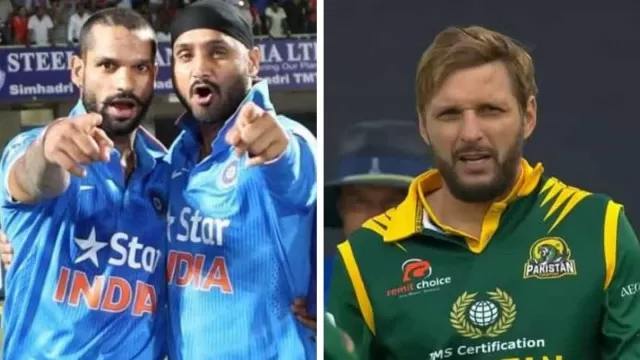
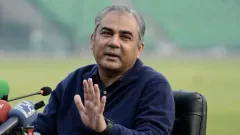
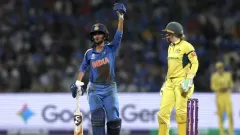
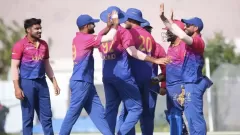
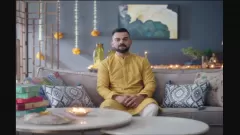
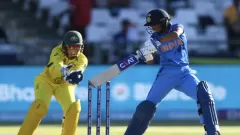
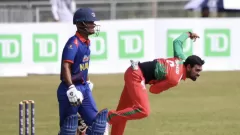

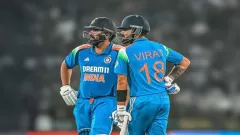
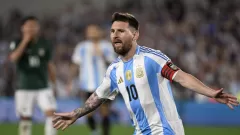

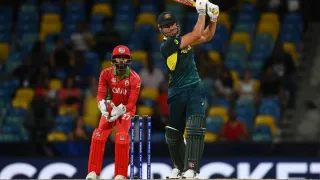
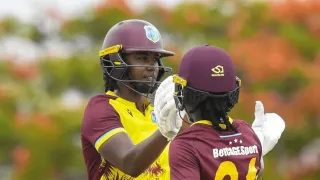
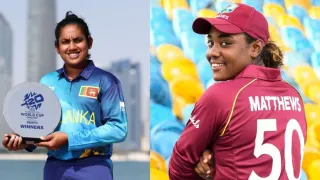

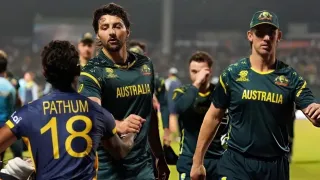
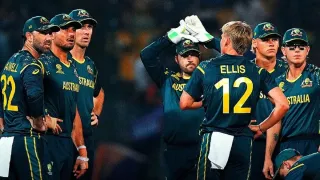
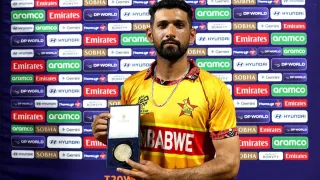
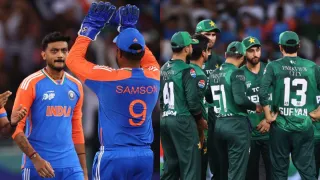
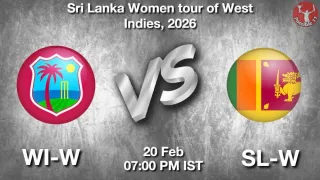
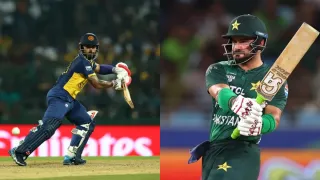
Give Your Feedback